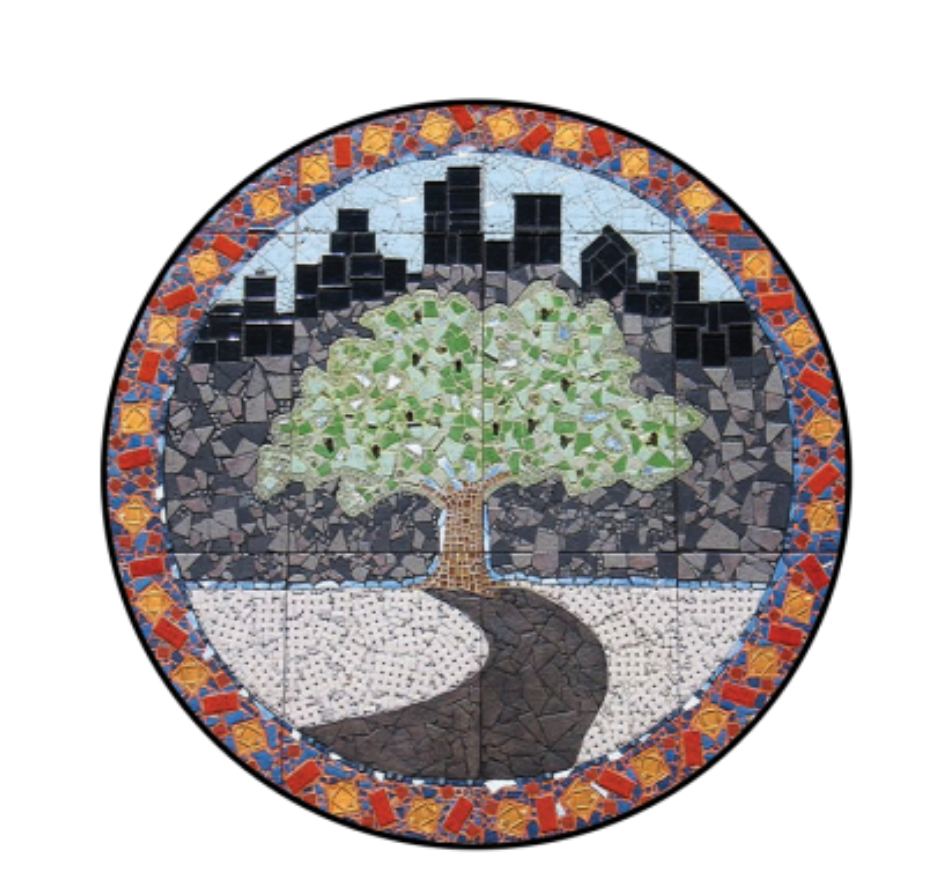Do We Care More Than They Do? Research Helps Me Find Answers
I work with high school seniors each day to help plan their futures: Community college or four-year; local or out of state; Army or Navy; scholarships or loans. We look at their grades, scores, transcripts, FAFSAs, and letters of recommendation. Once in a while, the process is easy, fun even. Most times, though, it is as if I’m filling in the bubbles and writing the essays for them.
I feel like I’m dragging them along, one-by-one, through each form and assignment, begging them to show a little interest. At least once a day, I ask myself, “Why do I care more than they do?”
Can that be true? Aside from the handful of kids who eagerly await acceptance letters or check their grades multiple times a day, do the vast majority of seniors really just not care? I couldn’t accept that, so I did what I’d ask them to do: I educated myself.
Most of us have heard that the human brain is not fully formed until we are in our 20s. I have often given that line in response to students when they’ve commented about marijuana use, how their brains are especially vulnerable to continual exposure. Otherwise, I think about the delayed maturity of our brains as having more to do with reckless social media decisions or behavior that will end up on a YouTube fails compilation. And it does. But that’s not all.
The delayed development also increases teens’ tolerance for uncertainty and ambiguity, according to studies in Scientific Reports. They have a higher tolerance for the unknown. They aren’t concerned with long-term consequences, and they lack the motivation to discover them.
Finally—and arguably, most importantly—teens are not as responsive to incentives as adults, according to a study in Nature Communications. Again, this is due to the regular myelination process in our brains—not to stubbornness or general angst. Because teens don’t benefit from high stakes like adults do, they won’t react to report cards or rewards in ways we expect. I came away with all this research and asked myself, “Now what?” So, it’s not apathy; it’s not laziness; it’s not indifference. I know that most of my seniors—they do care, but they don’t have the capacity to do with that care what needs to be done—yet. Maybe this is just one more role we have in education: to hold the certainty, the unambiguousness, and the high stakes until they are ready to carry them on their own.
Written by: Tanya Foster, College & Career Planning Advisor, City Neighbors High School

